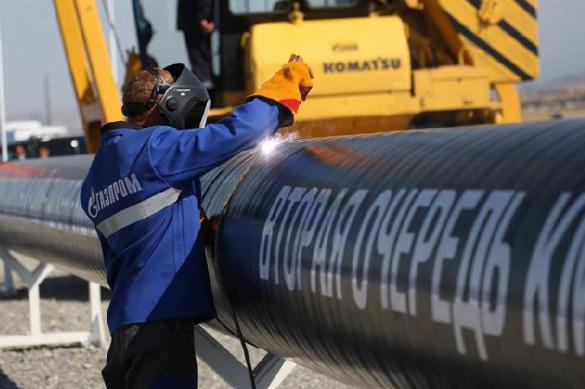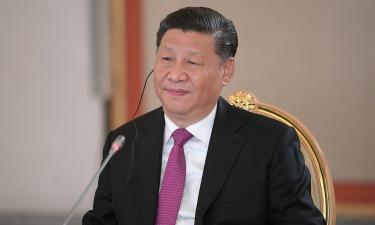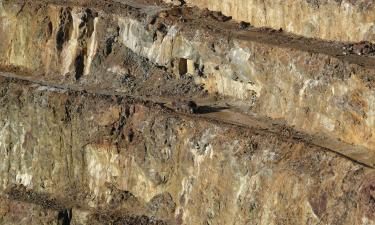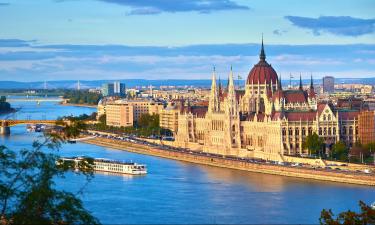London will have to ask forgiveness from Moscow because of the Skripal case
The UK has been making unwise moves in an effort to ruin its relations with Russia with the help of the far-fetched Skripal case. Due to the reduction of gas production in the North Sea and declining home reserves against the backdrop of the nation's exit from the European Union, London may find itself in dire need of the Russian liquified natural gas (LNG). However, British lawmakers intend to ban the supplies of energy carriers from Russia. The UK will have to choose between its political ambitions and economics.

A recent article published on oilprice.com under the headline "Why Russian gas is critical for the UK" tries to explain that the energy system of the UK will be deprived of the funding from the EU. Great Britain can satisfy its needs in natural gas only on the level of 40 percent. The United Kingdom imports 75 percent of natural gas from Norway's North Sea fields with about ten more percent accounting for Qatari LNG.
It is worthy of note that Scotland, which is unwilling to exit the EU, is determined to dispute the North Sea deposit.
As long as gas production in the North Sea has been declining along with the volumes of UK's domestic storage, Russia could become a viable alternative for the Kingdom. However, there are anti-Russian politicians in the country that do not want such a development. "When Britain needed gas on short notice late February, two 164 000 m3 LNG cargoes were delivered from the Russian Yamal LNG. Everyone was glad about it, except for the political elite," the article says.
An LNG plant is set to be launched in the Baltic region in 2020. Therefore, Russian gas will be the closest for British consumers. During the early stages of the Nord Stream project, a branch to the UK was planned, but the project was eventually shelved," the author says.
Executive vice president of NewTech Services, Professor Vitaly Bessel told Pravda.Ru that it is "economists, but not politicians who rule the world." "Britain will be buying liquefied natural gas from Russia. We have a very good chance now to sell our fuel in northern markets of Europe owing to the launch of Yamal LNG project with Baltic LNG project targeting Northern Europe," the expert said.
Britain's and Europe's needs in Russian natural gas will continue growing because Europe wants to stop using coal and entirely switch to natural gas as the most efficient and environmentally friendly fuel."
These days, Gazprom delivers about 17 billion cubic meters of natural gas to the UK a year through swap supplies - exchange operations with Norway. In a nutshell, Norway ships gas to the UK for Gazprom's obligations, and Gazprom delivers more gas to continental Europe for Norway's obligations. From January to April, Russia's natural gas exports to Europe reached a record amount of more than 70 billion cubic meters. One may expect more than 200 billion by the end of the year. This is an absolute record in the history of Russian and Soviet gas exports.
To make matters worse, Europe was pinning hopes on the Iranian gas, but this project has been closed now in connection with the recent decision of the Trump administration to pull out from the Iranian nuclear deal. It is worthy of note that Gazprom does not link contract prices to oil quotes.
According to the Oxford Institute for Energy Studies, gas production in the EU will decrease from 256 billion to 212 billion cubic meters per year by 2020, and by 2030 - to 146 billion cubic meters. According to the International Energy Agency, natural and liquefied gas will take the lead among energy carriers from 2015 to 2040. The demand in this fuel will increase by 1.5 times particularly owing to the countries of Asia and the Middle East. All of the above suggests that London needs to apologize to Moscow for the fabricated Skripal case.
Lyuba Lulko
Pravda.Ru
Read article on the Russian version of Pravda.Ru
Subscribe to Pravda.Ru Telegram channel, Facebook, RSS!





